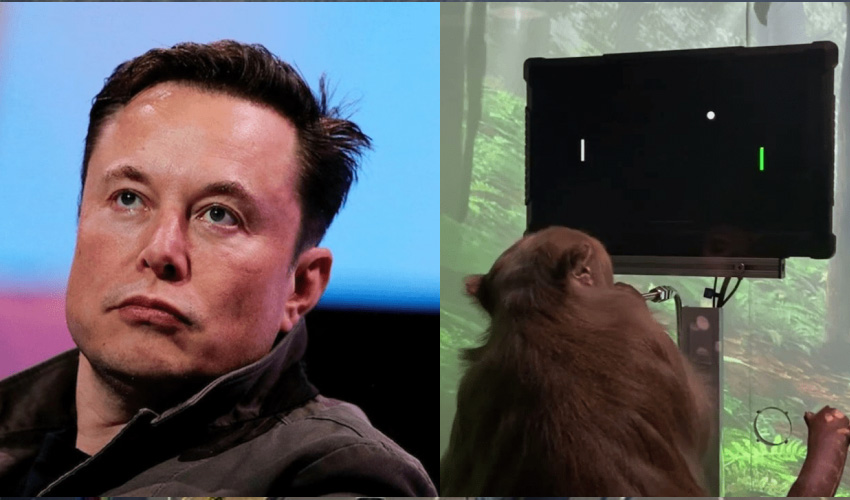In a quest to develop groundbreaking brain-computer interface technology, Elon Musk's Neuralink has come under fire for its alleged mistreatment of animals during research and testing processes.
Reports revealed that over 1,500 animals, including monkeys, pigs, and sheep, have been sacrificed in the company's pursuit of creating paralysis-curing brain chips.
While Neuralink's advancements hold promise for revolutionizing medical science, critics have raised concerns over the ethical implications of such extensive animal testing. The controversy surrounding Neuralink's practices has reignited debates on the morality of sacrificing animals for scientific progress.
Shockingly, Neuralink's actions are not unprecedented. The US government has a history of utilizing animals in experiments aimed at enhancing surveillance and control capabilities.
In one chilling example, a cat was subjected to repeated surgeries to transform it into a covert listening device, while a shark underwent open-brain surgery to implant electrodes for behavioral manipulation.
Despite the ethical quandaries, there are success stories emerging from Neuralink's endeavors. Noland Arbaugh, a 29-year-old paralyzed from the shoulders down, has reportedly experienced remarkable advancements after receiving the brain chip implant.
With just his thoughts, Arbaugh can engage in activities such as playing chess on a computer, showcasing the potential life-changing benefits of Neuralink's technology.
However, the ethical implications of Neuralink's methods cannot be overlooked. Critics argue that the ends do not justify the means, calling for greater transparency and accountability in scientific research involving animals.



























